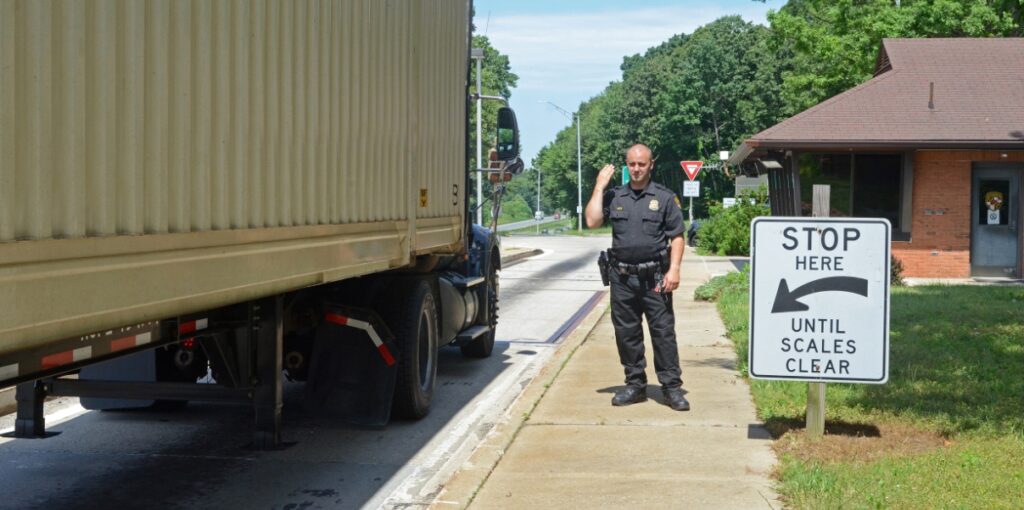There is no such thing as a regulation that talks about logbook flexibility but every driver that has ever used paper logs understands the flexibility that comes with paper logs.
Years ago before ELD was ever invented the mega carriers main focus on log book rules was that the logbook was filled out correctly. Most drivers got paid per mile like it is today. To make more money you must drive more miles. This practice encouraged creativity with the 14-hour logbook rule.
All of the big carrier companies I remember equipped their trucks with speed limiters to a max speed of 65mph. This would mean the most number of miles you could log in an 11-hour drive period was 715 miles. Logging this way became a common practice for many drivers but realistically this number of miles would be very unlikely achieved. Ripping a page out of a paper logbook and starting the log over gave the driver flexibility to get a little more on down the road.
Many of the big carriers had rules that you have to at least log 30 minutes for loading or unloading. Detention at these places does not start until after 2 hours of waiting this is because often it takes this long to load or unload. Lying on a logbook about how long it really took to get loaded or offloaded could easily turn 4 or more wasted hours of sitting to just only one hour. This is another one of those moments that the paper log provided the flexibility of just ripping the page out and start over.
Nowadays most of the drivers left running paper logs are owner-operators getting loads from brokers off of load boards. These folks are business owners that will save the day and do whatever it takes to do so in hopes to create a good working relationship and maintain a good business name with on-time delivery. The flexibility of the paper log is only days away from coming to an end. Will owner-operators still be the ones that save the day?


